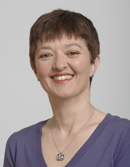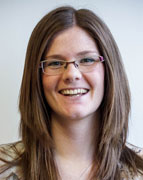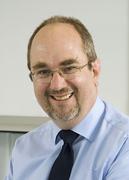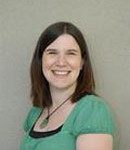We’re pleased to announce that the following projects have been funded in the latest ERDP Development Grant call.
Graduate School
‘Introduction and evaluation of voice thread software in facilitating student feedback in 3 online masters programmes’ Dr Jenny Yeo, Mrs Lynne Rawles, Miss Eleanor Lockheart, Miss Victoria Petrie.
School of Biomedical Sciences
‘Inclusive research with students and members of the public: How can we best evaluate innovative teaching about ageing?’ Dr Ellen Tullo, Dr Laura Greaves, Dr Luisa Wakeling, Prof Rose Gilroy.
School of Dental Sciences
‘A study visit to develop teaching teeth carving to enhance the learning of tooth morphology for dental students’ Dr Bana Abdulmohsen.
‘Scoping Exercise to develop a 3-D printing facility within the School of Dental Sciences’ Dr Iad Gharib, Dr James Field, Dr Simon Stone, Dr Andrew Keeling (Leeds), Mrs Cecilie Osnes, (Leeds), Dr Graham Davis (Queen Mary).
‘Developing public engagement in the quality assurance of teaching programmes’ Dr Janice Ellis, Mrs Zoe Freeman, Dr Richard Holmes, Dr Paula Waterhouse, Dr Sarah Rolland.
‘Leading the pan-European development of curricula within Dental Sciences’ Dr James Field, Professor Damien Walmsley (ADEE), Professor Andreas Schulte (Organisation for Caries Research), Professor Julia Davies, (Malmo University), Professor Cristina Manzanares Cespedes (University of Barcelona), Professor Corrado Paganelli (University of Brescia).
‘What are the benefits of a UK-USA educational initiative and visit programme for dental students?’ Dr Richard Holmes & Dr Paula Waterhouse.
School of Medical Education
‘Longitudinal integrated medical student placements: A study visit to Harvard medical school to inform the new Newcastle medical school curriculum’ Dr Hugh Alberti & Dr Steve Jones.
‘The Research Journey: using digistories to unveil the hidden process’ Dr Laura Delgaty, Mrs Lynne Rawles, Mr Marc Bennett, Ms Linda Errington, Mrs Erika Gavillet.







